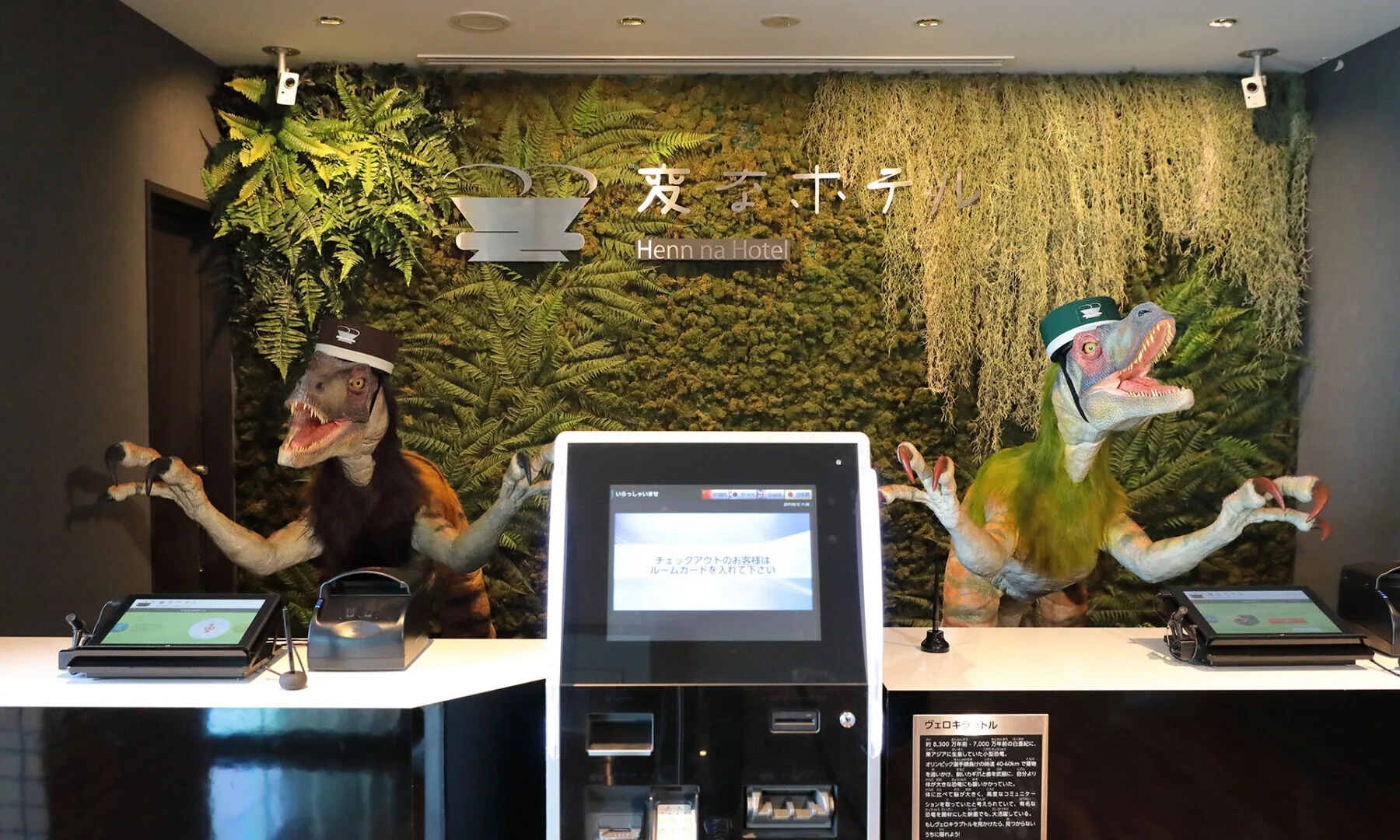What is a Global Distribution System (GDS)? A Global Distribution System (GDS) is a global reservation system that acts as an intermediary between travel bookers and service providers such as hotels, airlines, and car rental companies. A GDS transmits live information on products, prices, and availability to travel agents and online booking engines, automating transactions. GDSs are widely used in the business travel market because of their ability to present information about hotels, flights, and car rentals in a simple user interface. They help hotels reach business and corporate travelers and attract more bookings. While online booking sites such as Booking.com, Expedia, and TripAdvisor have grown significantly, GDSs are still the best way to promote hotels in the global business travel market and attract travelers to hotels. With integrated connections to some of the global GDSs, Odetel provides Iranian hoteliers with the opportunity to increase their share of the online hotel market. What is the difference between GDS and IDS? Internet distribution systems (IDS), also known as Internet hotel reservation portals, include online reservation systems, travel websites, and portals that focus on online marketing of travel, hotels, and related services directly to users. IDS allows travelers to combine complete travel packages including flights, hotels, transportation, etc. and facilitates transactions through GDS. GDS transfers hotel inventory and rates to travel agencies and travel sites and also accepts reservations. What is the difference between GDS and CRS? Central reservation systems (CRS) are operated by major suppliers such as hotels and connect directly to customers through meta search engines and websites. While GDSs act as intermediaries between travel agents and hotel central reservation systems, CRSs communicate directly with customers. Click here to learn about the features of Edutel’s central reservation system, which is a great solution for hotel groups. History and Development of Global Distribution Systems The roots of global distribution systems date back to the 1960s, when there was a need for a more efficient and automated way to track flight schedules, inventory, and prices. Companies using GDSs were among the first to facilitate B2B e-commerce. Airlines realized that by automating the reservation process for travel agents, they could make them more efficient and become part of their sales force. How a Global Distribution System Works in Hotels Using existing technologies, hotels and other companies such as domestic and international travel agencies can take advantage of this trend and connect to various GDS systems including Amadeus, Galileo, Sabre and Worldspan and several others. Through the Adotel channel manager platform, live rates and inventory from the hotel management software (PMS) are sent directly to the GDS and online booking websites. As soon as a reservation is made on the GDS or online booking website, the inventory is automatically reduced and the booking details are sent to the PMS or Central Reservation System (CRS).
At Edutel, we pave the way for your hotel to go global. The difference between a global hotel distribution system and OTAs is a large computer network that connects travel agencies, online booking sites and service providers such as hotels, airlines and car rental companies. This system provides access to live availability and prices and facilitates real-time bookings. On the other hand, online travel agencies (OTAs) are business-to-consumer (B2C) platforms that offer online hotel, flight, train, tour and other travel services to travelers. Edutel is connected to the best online travel agencies in the country and the world through integrated connections (API), click here to view the list of OTAs.
Major examples of global distribution systems include Amadeus, Sabre, Galileo, Worldspan, Apollo and Pegasus. These systems manage a large portion of the data for hotels, airlines and other distributors. Edutel helps hotels access these systems and through them reach thousands of international travel agents and become visible to millions of tourists from all over the world.
- Amadeus: With over 30 years of experience, it provides critical solutions for airlines, hotels, railways, travel agencies and tour operators.
- Sabre: As a provider of technology and data-driven solutions, it helps airlines, hotels, and travel agencies globally.
- Travelport: Includes Apollo, Worldspan, and Galileo systems, and its primary market is the United States.
- Galileo and Worldspan: Allows hotels to distribute rooms and inventory to global travel agencies.
- Apollo: Provides technology and distribution services to global travel companies.
- Abacus: A leading provider of travel solutions in the Asia-Pacific region.
- Pegasus: A pioneer in the hotel booking industry.
Benefits of a Global Distribution System for Hotels Using a GDS can increase hotel bookings and revenue. It is particularly effective in attracting international business travelers. Other benefits include wider coverage, increased revenue, expanded distribution network, access to new markets, low maintenance requirements, and simple and inexpensive connectivity. Features of a Global Distribution System
- Aggregated inventory: Ability to market all hotel rooms to all distribution channels.
- Commission-free structure: Increase income without having to pay commissions.
- Integration capabilities: Full connectivity with PMS and online booking systems.
- Comprehensive reporting: Enables better decisions about marketing strategy.
- Targeting specific markets: Reaching influential market segments.
- Simple and inexpensive connectivity: Reduce the costs of connecting to different GDSs.
Using the right technology partner like Edutel can make your hotel’s access to domestic markets and international GDSs easier and cheaper, boosting sales and increasing hotel revenue.



